A few weeks ago, I received an email from a school district employee looking to work together with The Los Angeles Institute of Restorative Practices (LAIRP). What caught my attention wasn’t the message itself, but the signature at the bottom. It featured a simple, yet powerful visual that read: “Maslow before Bloom.” I had seen this phrase circulating in educational circles before, but seeing it embedded in an email signature - essentially a professional mantra - gave it new life. It was a quiet but intentional reminder of what truly matters in education. This person gets it.
In teacher preparation programs, two foundational frameworks often rise to the surface: Maslow’s Hierarchy of Needs and Bloom’s Taxonomy. Maslow’s theory helps us understand human motivation as a tiered structure, usually visualized as a pyramid (see below). According to this model, basic needs like food, water, and safety must be met before individuals can focus on higher-level pursuits like learning, love and belonging, creativity, or self-actualization. The implications for educators are profound: a student who is hungry, anxious, or unsafe cannot fully engage in academic tasks, no matter how well-crafted and engaging the lesson may be.
On the other side of the spectrum is Bloom’s Taxonomy, a framework designed to guide teachers in structuring cognitive learning activities (see below). Bloom outlined six hierarchical levels of thinking - from simple recall and remember to complex evaluation and creation. For educators, this taxonomy is invaluable since it shows us that before students can analyze primary sources or evaluate historical policies (I am a social studies teacher at heart), they must first remember key facts and comprehend foundational concepts.
To put it plainly: Maslow tells us why a student may struggle to learn, while Bloom helps us understand how to support their intellectual growth once they’re ready. The phrase “Maslow before Bloom” beautifully encapsulates this symbiotic relationship. Alfie Kohn, a leading voice in education, once said: “If children feel safe, they take risks, ask questions, make mistakes, learn to trust, share their feelings, and grow.” Emotional security isn't a bonus - it’s a prerequisite for meaningful learning.
This philosophy is deeply embedded in the Social-Emotional Learning (SEL) movement, which helps students build skills like emotional regulation, empathy, responsible decision-making, and collaboration. It's no wonder that schools that invest in SEL see gains not only in behavior but also in overall academic outcomes and student performance (Durlak et. al, 2011). That’s why the backlash against SEL is so bewildering and unfounded. Criticism of SEL is rooted in a basic misunderstanding of both child development and academic achievement.
At LAIRP, we believe SEL is not an add-on - it’s a foundational pillar of what we call right-brain schools. Right-brain schools are primarily learning environments that prioritize emotional safety, inclusion, and connection, for both teachers and students (this work is supported by using right-brain circles, activities, and strategies). When students feel seen, supported, and secure, they don’t just behave better - they learn better. When a teacher feels appreciated and seen, they will be in a better position to meet the demands of the job. When an entire school functions under the right-brain model, everyone feels and performs better!
"Maslow before Bloom" isn’t just a clever catchphrase. It’s a call to action. A reminder that before we can nurture critical thinkers, we must first meet the needs of the whole child. When we do, academic growth becomes not just possible - but inevitable.
References
Anderson, M. (2022, September 26). How social-emotional learning became a front line in the battle against CRT. NPR. https://www.npr.org/2022/09/26/1124082878/how-social-emotional-learning-became-a-front-line-in-the-battle-against-crt
Durlak, J. A., Weissberg, R. P., Dymnicki, A. B., Taylor, R. D., & Schellinger, K. B. (2011). The impact of enhancing students’ social and emotional learning: A meta-analysis of school-based universal interventions. Child Development, 82(1), 405–432. https://doi.org/10.1111/j.1467-8624.2010.01564.x
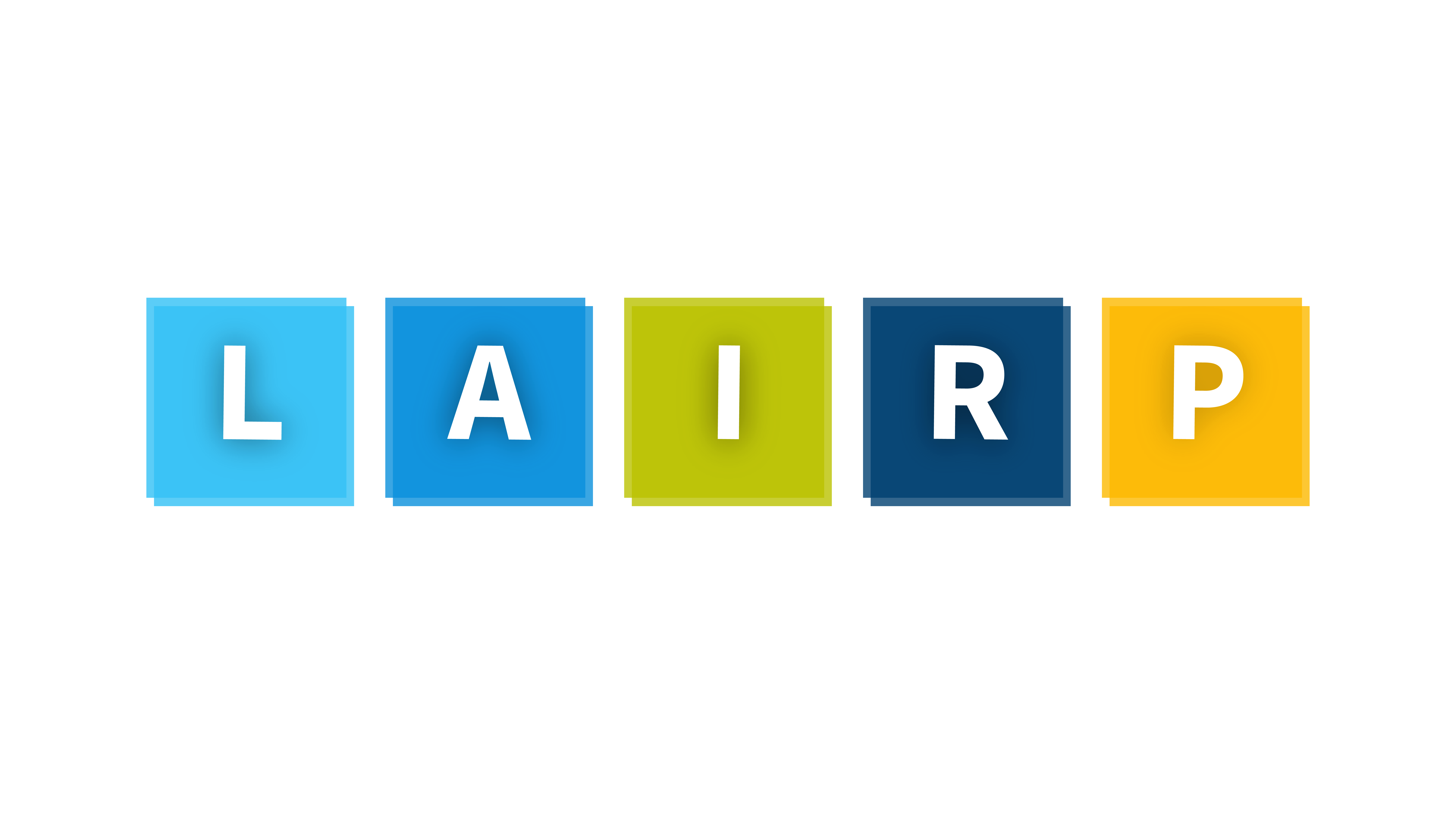
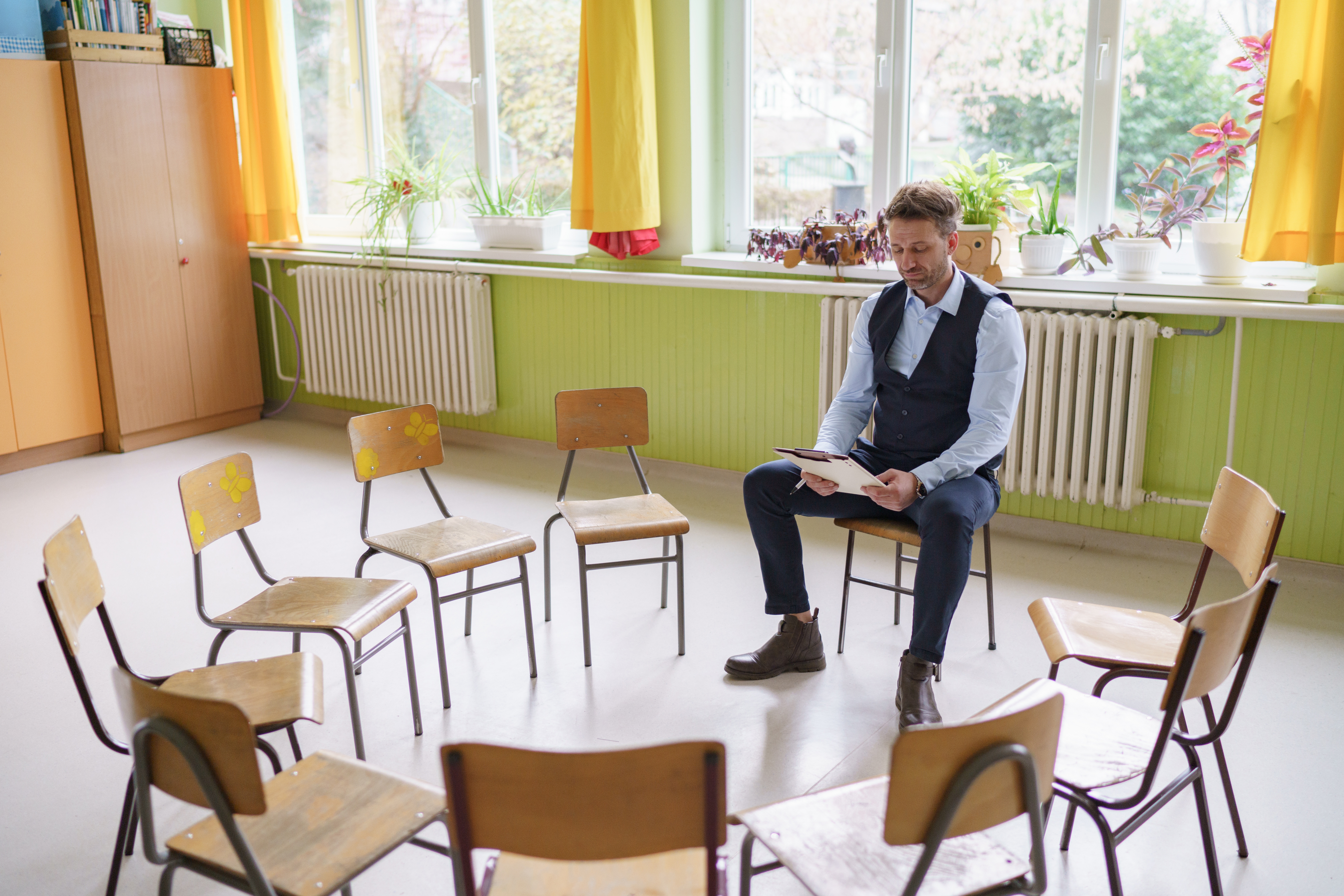
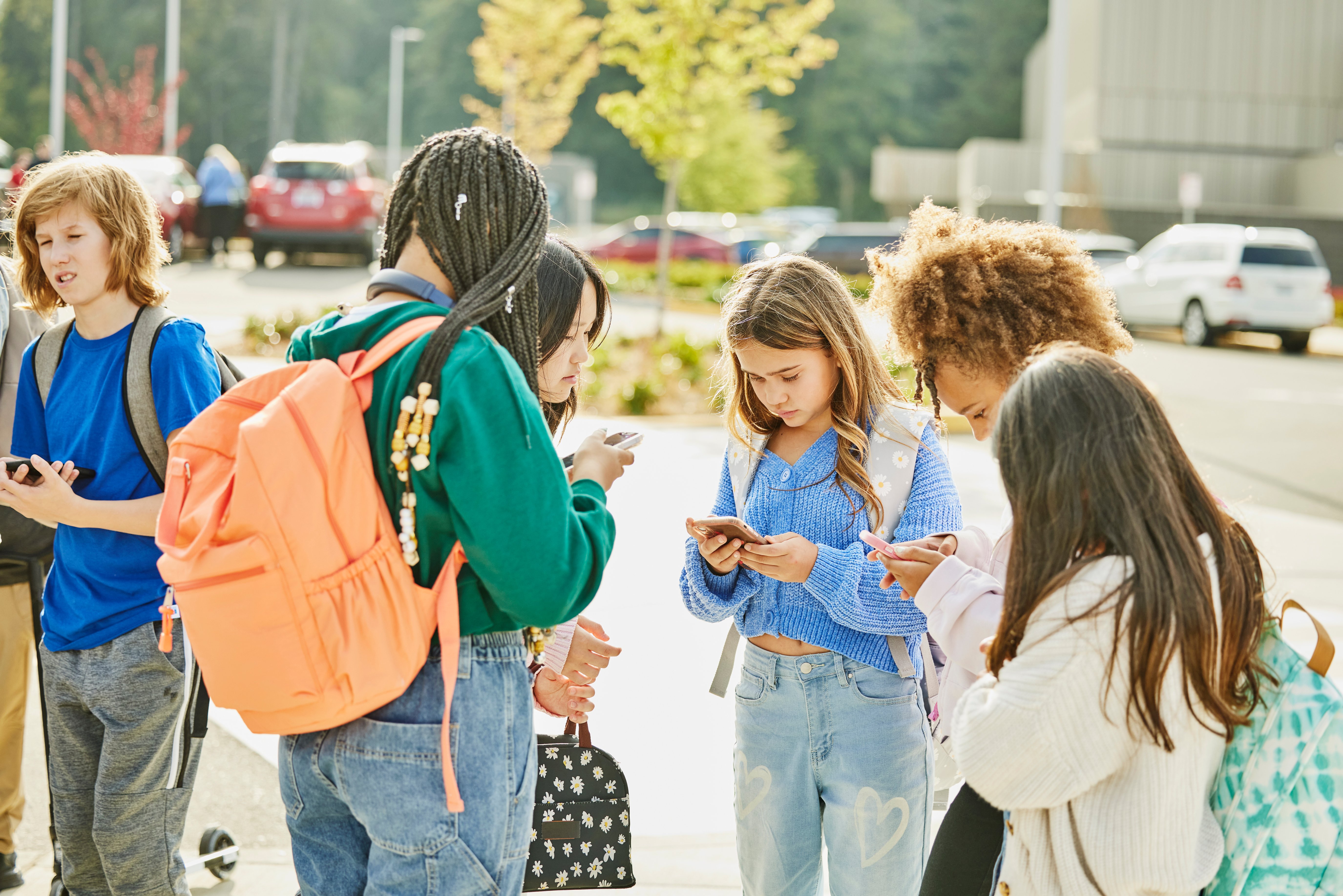


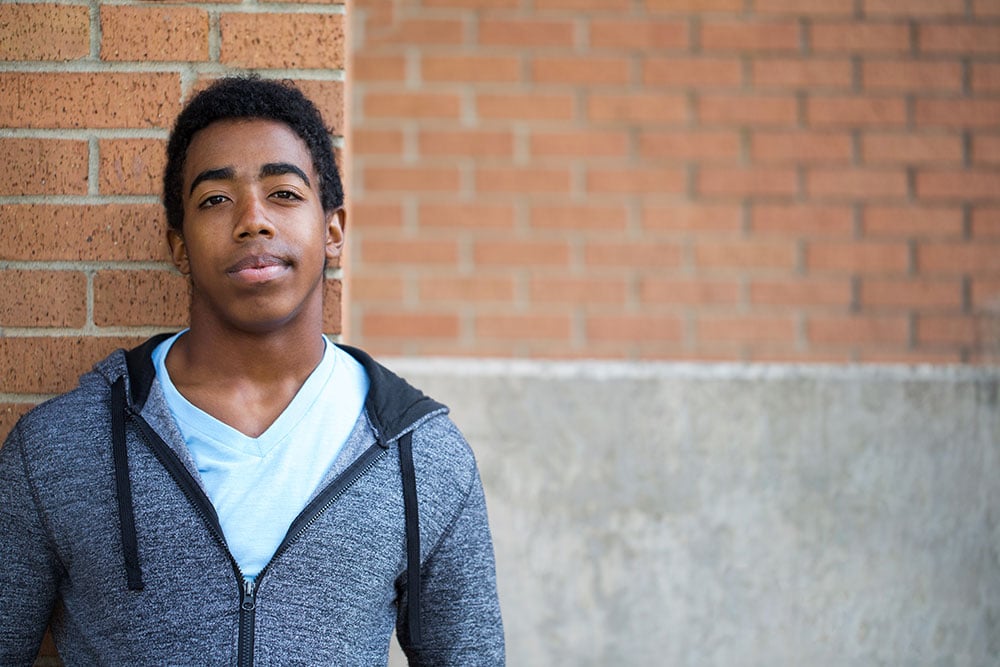
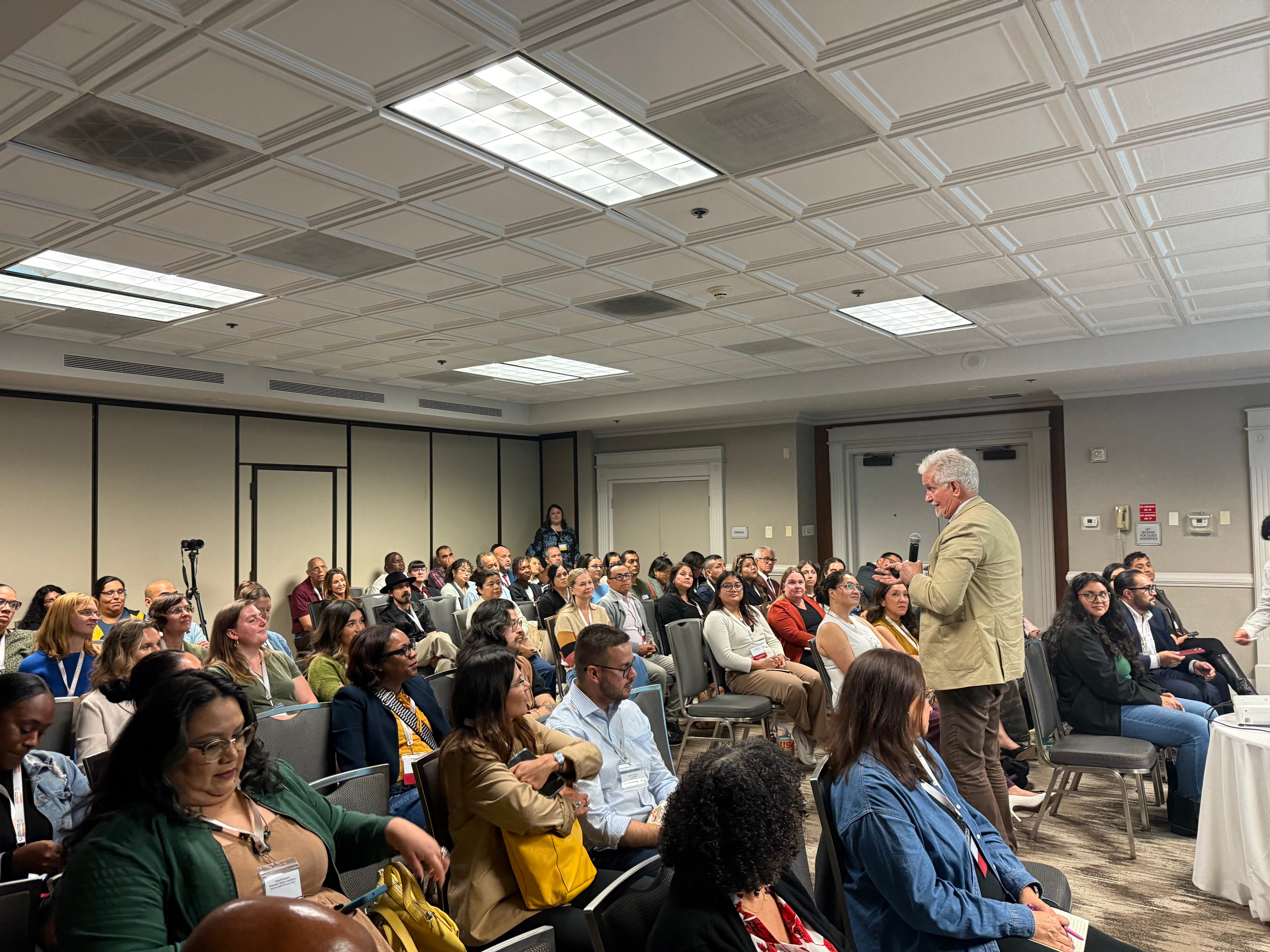
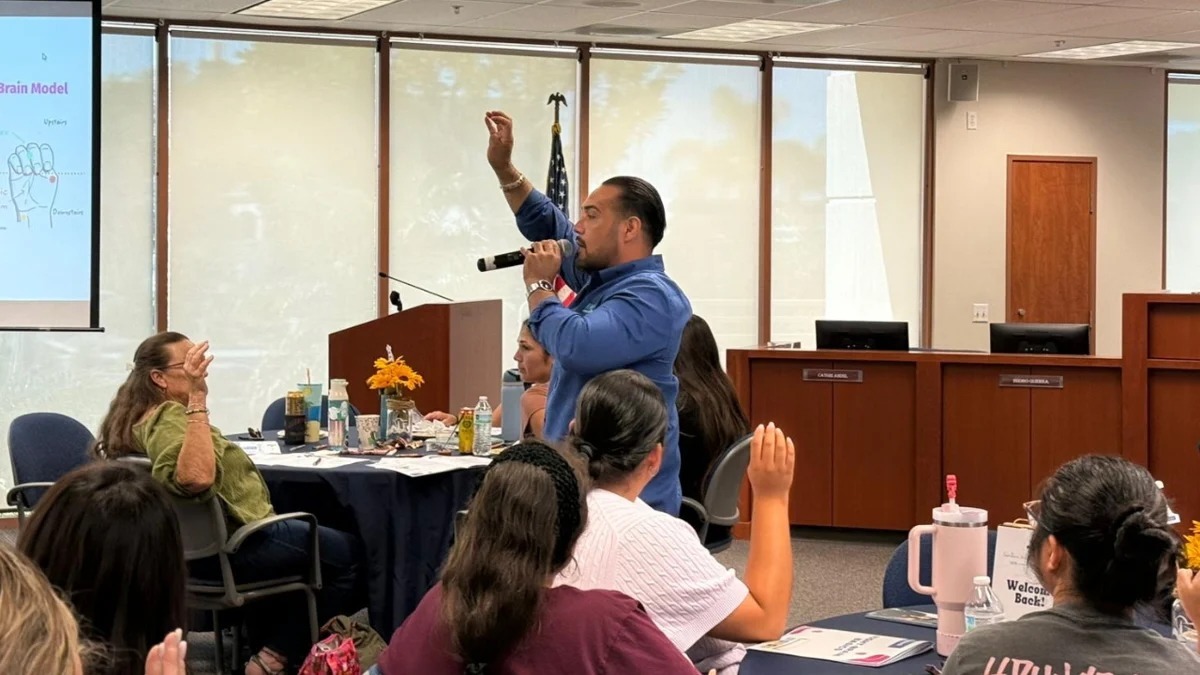
POST COMMENTS